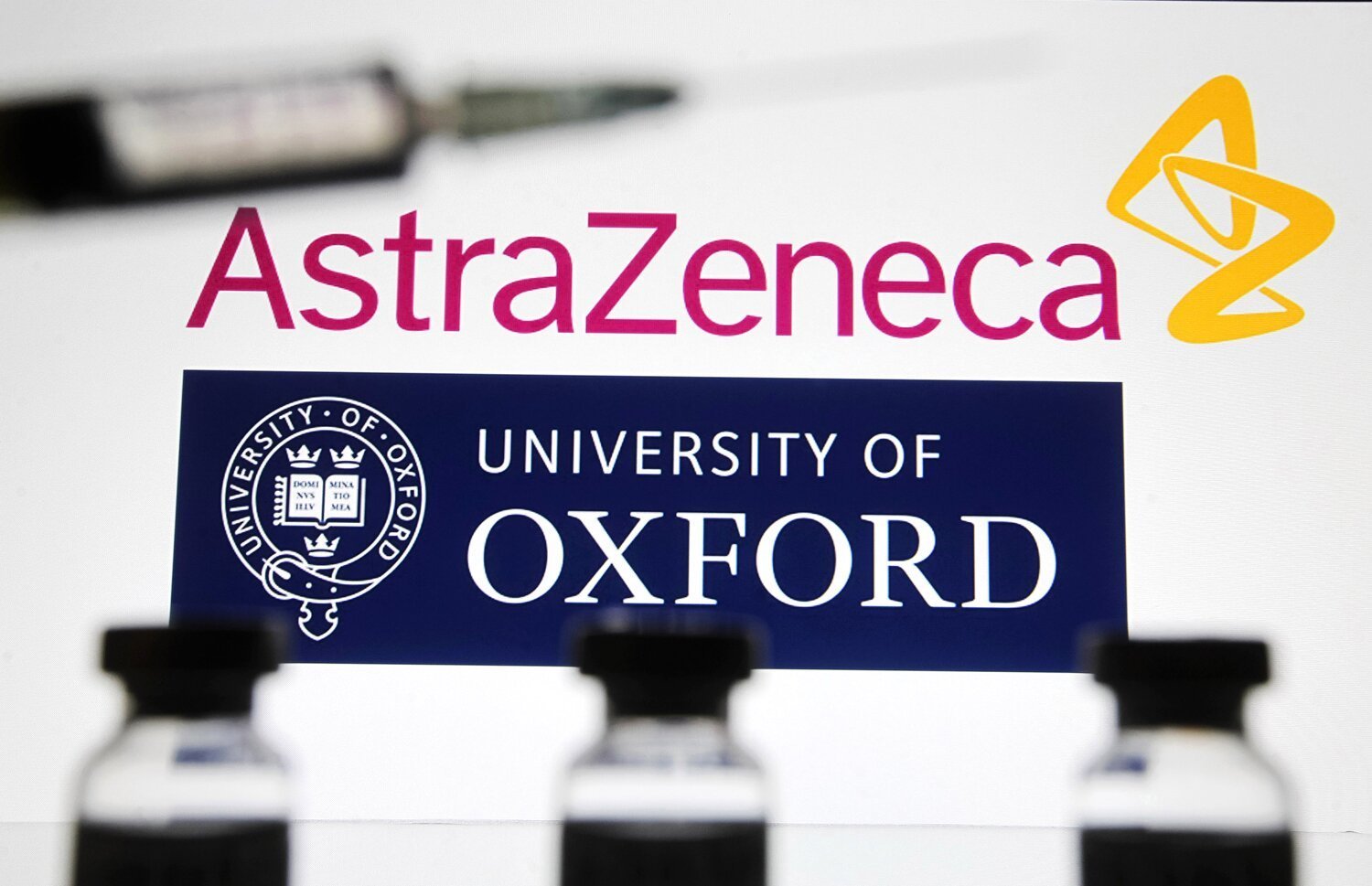
Researchers at Oxford University and the Ludwig Cancer Research Institute are working on a cancer drug. The development is based on Oxford-AstraZeneca vaccine technology. The research report was presented in the Journal for ImmunoTherapy of cancer.
The vaccine consists of two doses, tests were performed on mouse tumor models. In the course of observations, it was found that the drug in combination with immunotherapy significantly increased the survival rate of animals.
Cancer immunotherapy is the use of one's own immune system in the fight against cancer. In the course of treatment, the patient removes the restrictions on the antitumor cells that fight cancer, but not all patients have a normal immune response. The technology based on the coronavirus vaccine generates strong cellular responses required for a good anti-tumor effect.
The research team managed to obtain a drug in two doses with different primary and booster viral vectors, one of which matches the vector of the Oxford-AstraZeneca vaccine. For creation, a targeting system was developed for two MAGE-type proteins that are present on tumor cells. These markers are named MAGE-A3 and NY-ESO-1 and have been approved by the Ludwig Institute. The very approach to vaccination was licensed by the Jenner Institute for Vaccitech Ltd, which appeared in 2016.
Preliminary trials showed that the vaccine increased levels of tumor-infiltrating CD8 + T cells and enhanced therapy. MAGE proteins act as a marker on cancer tissues and attract immune cells that shrink the tumor. At the same time, proteins are not located in healthy areas, which reduces the risk of side effects.
Clinical trials are scheduled for this year. The vaccine will be tested in eighty patients with non-small cell lung tumors. Thereafter, a similar vaccine against prostate cancer will also be tested.
The vaccine consists of two doses, tests were performed on mouse tumor models. In the course of observations, it was found that the drug in combination with immunotherapy significantly increased the survival rate of animals.
Cancer immunotherapy is the use of one's own immune system in the fight against cancer. In the course of treatment, the patient removes the restrictions on the antitumor cells that fight cancer, but not all patients have a normal immune response. The technology based on the coronavirus vaccine generates strong cellular responses required for a good anti-tumor effect.
The research team managed to obtain a drug in two doses with different primary and booster viral vectors, one of which matches the vector of the Oxford-AstraZeneca vaccine. For creation, a targeting system was developed for two MAGE-type proteins that are present on tumor cells. These markers are named MAGE-A3 and NY-ESO-1 and have been approved by the Ludwig Institute. The very approach to vaccination was licensed by the Jenner Institute for Vaccitech Ltd, which appeared in 2016.
Preliminary trials showed that the vaccine increased levels of tumor-infiltrating CD8 + T cells and enhanced therapy. MAGE proteins act as a marker on cancer tissues and attract immune cells that shrink the tumor. At the same time, proteins are not located in healthy areas, which reduces the risk of side effects.
Clinical trials are scheduled for this year. The vaccine will be tested in eighty patients with non-small cell lung tumors. Thereafter, a similar vaccine against prostate cancer will also be tested.
Login or register to post comments
Comments 0